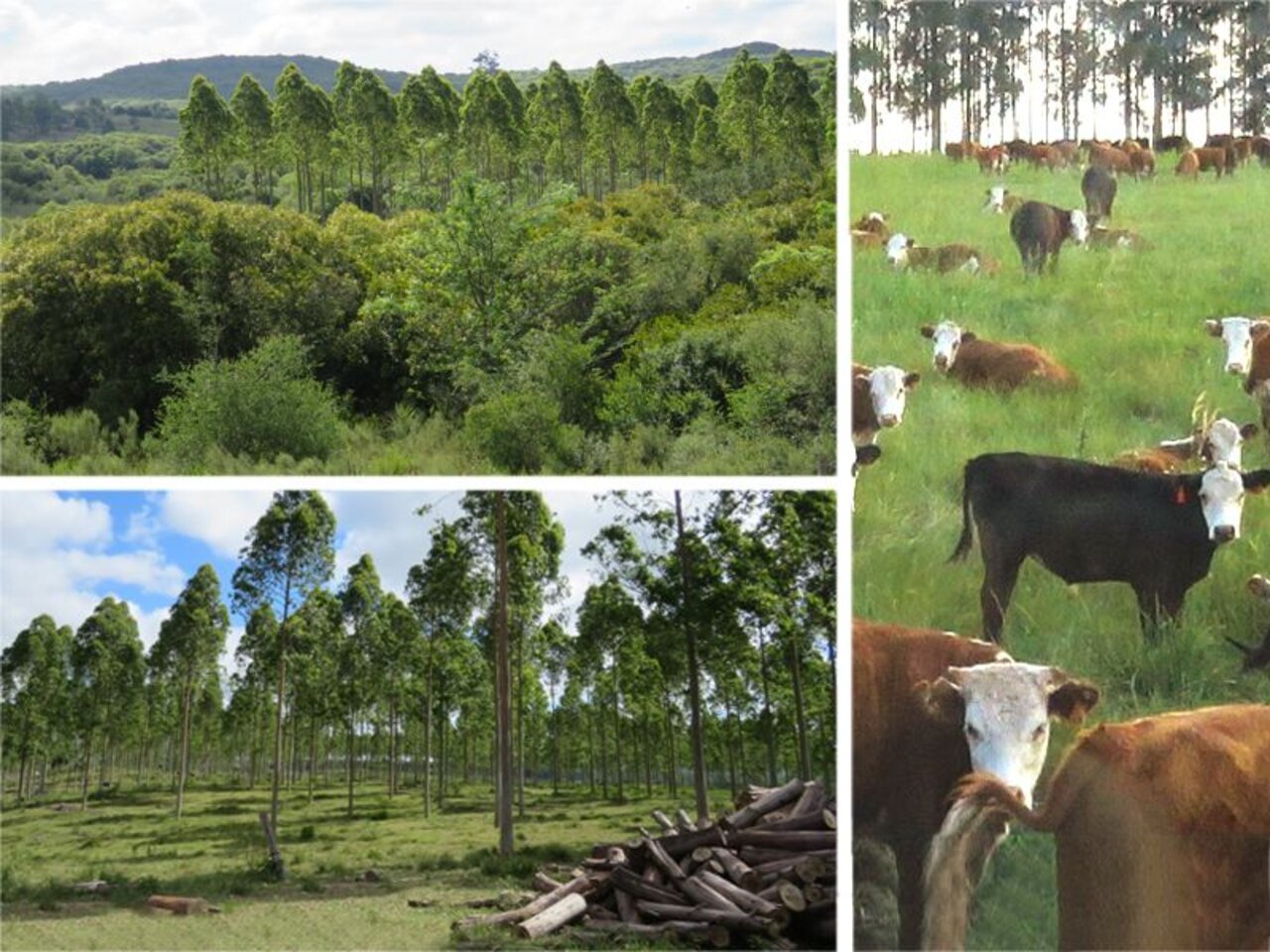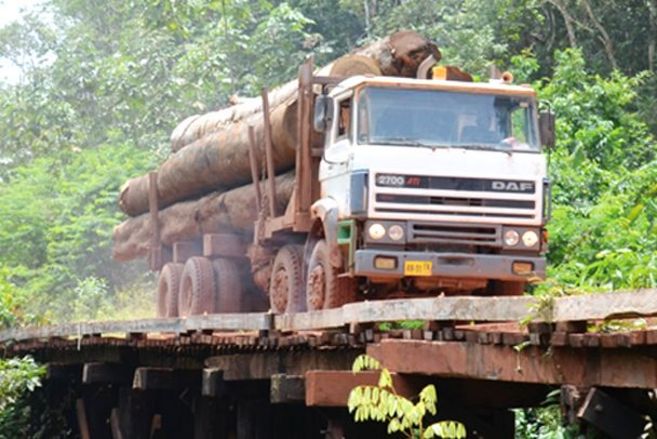Project
Bioeconomy-Monitoring in Uruguay

Monitoring the sustainability of the bioeconomy in Uruguay
How important is bioeconomy in Uruguay and what kind of sustainability effects are associated with it?
To answer these questions, we develop a system that monitors bio-based material flows and its related sustainability effects as well as the sectoral significance of the bioeconomy and its sustainability effects on a national scale.
Background and Objective
Research and innovation on biological sciences, technologies and digitalization is advancing at a fast pace, forcing policy to keep up with the implications of producing and using new processes and products made from biological resources. Like other countries Uruguay also aims to make use of these developments by setting-up policies supporting the shift from a fossil-based economy towards a more sustainable bioeconomy.
In order to understand how the Uruguayan bioeconomy is structured, how sustainable it is and how it will evolve in the future, in close cooperation with FAO and Ministerio de Ganadería, Agricultura y Pesca we develop a bioeconomy monitoring system. The system is based on our approach for a systematic monitoring of the German bioeconomy. It aims to monitor the major bio-based material flows as well as the sectoral significance of the bioeconomy and its respective sustainability effects.
By adapting and refining our monitoring approach to Uruguayan needs and framework conditions, the project may serve as an example on how to synchronize monitoring activities across countries.
Approach
With regard to the material flow based monitoring in close cooperation with Uruguayan stakeholders we follow a stepwise approach :
- define monitoring goals and system boundaries
- identify relevant bio-based material flows and their core products
- identify relevant sustainability effects associated with the material flow
- select indicators to quantify the selected sustainability effects
- quantify the selected sustainability indicators
This will provide a comprehensive overview on the magnitude bio-based value chains and associated sustainability effects. It allows to identify sustainability hot spots, reveals changes over time, allows for comparisons with fossil-based substitutes and provides information for countries monitoring imports into their bio-based material flows.
With regard to the sectoral monitoring we follow a similar stepwise approach involving Uruguayan stakeholders:
- define monitoring goals and system boundaries
- identify economic branches belonging to bioeconomy
- quantify the bioeconomy share in the identified branches
- identify relevant sustainability effects of the bioeconomy
- select indicators to quantify the relevant sustainability effects
- quantify the selected sustainability
This will provide an overview on the significance of bioeconomy and its sustainability effects on a national scale. It allows to monitor the development of bioeconomy over time, the progress made reaching monitoring goals or other benchmarks.
Results
- Monitoring the bioeconomy of Uruguay: bio-based sectors and related sustainability effects
Project brief 2023/03a · Fernando Gordillo
DOI:10.3220/PB1672741297000 - Monitoring the bioeconomy of Uruguay: bio-based value chains and related sustainability effects
Project brief 20213/15a · Paola Pozo Inofuentes
DOI:10.3220/PB1673535512000
Thünen-Contact

Involved Thünen-Partners
Involved external Thünen-Partners
-
Food and Agriculture Organization of the United Nations (FAO)
(Rom, Italien) -
Ministerio de Ganadería, Agricultura y Pesca
(Montevideo, Uruguay) -
Food and Agriculture Organization of the United Nations (FAO)
(Montevideo, Uruguay)
Funding Body
-
Food and Agriculture Organization of the United Nations (FAO)
(international, öffentlich)
Duration
7.2020 - 3.2022
More Information
Project status:
finished
Publikationen
- 0
Pozo Inofuentes PS, Gordillo Vera F, Schweinle J (2023) Bioökonomie-Monitoring in Uruguay: Biobasierte Wertschöpfungsketten und verbundene Nachhaltigkeitseffekte. Hamburg: Thünen-Institut für Waldwirtschaft, 1 p, Project Brief Thünen Inst 2023/15, DOI:10.3220/PB1673535189000
- 1
Pozo Inofuentes PS, Gordillo Vera F, Polcaro S, Gomez San Juan M, Schweinle J (2023) Monitorear la sostenibilidad de la bioeconomía : Piloto en Uruguay/ Monitoring the sustainability of the bioeconomy : Pilot in Uruguay. Rome: FAO, xx, 186 p, DOI:10.4060/cc7309b
- 2
Gordillo Vera F, Pozo Inofuentes PS, Schweinle J (2023) Monitoring der Bioökonomie in Uruguay: biobasierte Sektoren und ihre Nachhaltigkeitseffekte. Hamburg: Thünen-Institut für Waldwirtschaft, 1 p, Project Brief Thünen Inst 2023/03, DOI:10.3220/PB1672740577000
- 3
Gordillo Vera F, Pozo Inofuentes PS, Schweinle J (2023) Monitoring the bioeconomy of Uruguay: bio-based sectors and related sustainability effects. Hamburg: Thünen Institute of Forestry, 1 p, Project Brief Thünen Inst 2023/03a, DOI:10.3220/PB1672741297000
- 4
Pozo Inofuentes PS, Gordillo Vera F, Schweinle J (2023) Monitoring the bioeconomy of Uruguay: bio-based value chains and related sustainability effects. Hamburg: Thünen Institute of Forestry, 1 p, Project Brief Thünen Inst 2023/15a, DOI:10.3220/PB1673535512000
- 5
Pozo Inofuentes PS, Säumel I (2022) Nurse species facilitate persistence of dry forests in agricultural landscapes in Uruguay. J Veg Sci 33(2):e13127, DOI:10.1111/jvs.13127








